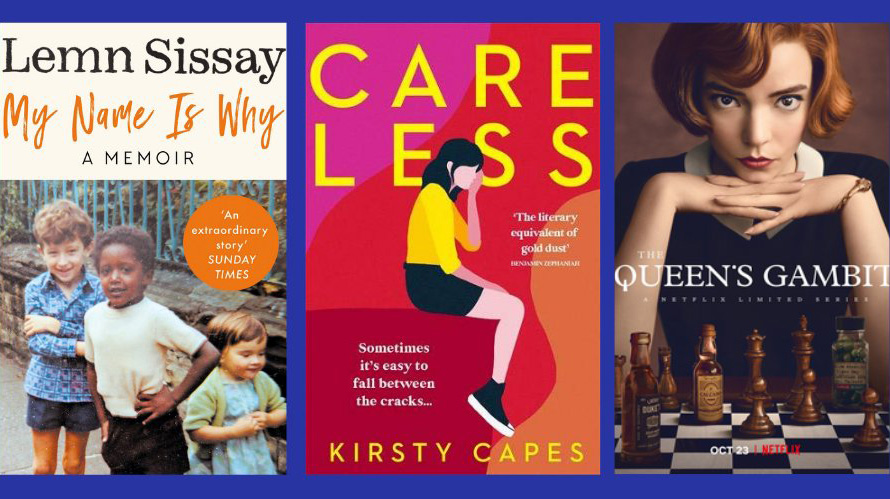
Care experienced journalist Sophia Hall spoke to Rosie Canning and Dee Michell, Founders of Care Experience and Culture about their care experienced led project and why they do what they do.
Care Experience & Culture is a collective and collaborative project where people with care experience from all over the world can learn more about the amazing characters in literature, film, theatre, TV, radio, blogs, websites and academia both fictional and real life.
We hope that Care Experience & Culture will show that there is a variety of ways in which cared experienced characters can be (and are) represented. They don’t have to be either super villains or super heroes, they can be ‘ordinary’ people too.
Children and young people in social care, and those who have left, are often subject to stigmatisation and discrimination. Being stigmatised and discriminated against can impact negatively on mental health and wellbeing, not only during the care experience, but often for many years after too.
Although there are occasional ‘success stories’ in the media about care experienced people, in the main a single story is told about this group, ie, that they are over-represented in the prison, mental ill-health and homeless populations.
The project aims to contribute towards changing community attitudes towards care experienced people as a group. Instead of only being seen through the current single lens, they will be seen as a creative group, despite (and/or because of) often experiencing hardship and trauma.
For children and young people in care, and their carers, social workers, teachers etc, Care Experience & Culture provides a significant source of material to which children and young people can be directed for characters they can relate to. As Ryan McCuaig, who was in care, has said, characters like Harry Potter are for those who’ve left care too. He was in his twenties when a conversation with another care experienced person about Harry Potter made him realise that he “was already part of something bigger” whereas he’d often struggled with not fitting in.
There are many other care experienced characters in the Digital Archive that the sector may not already be aware of.
Care Experience & Culture is beneficial to educationalists and researchers too. Researchers could, for example, select characters other than Harry Potter and run research projects to find out how children and young people are affected by them. They can also analyse representations of care experience over time and in different fora.
The archive also encourages the community to think about the significant contributions that care experienced people have made to their communities over the centuries.
We met online in 2018 where we exchanged our love of a good story particularly if they featured orphans and care experience. Our first meeting in real life was in 2019 at the very apt Foundling Museum in London. Dee was on her way to the Care Experienced Conference and Rosie was due to follow where they met again and Dee chaired a presentation by Rosie and Kirsty Capes.
If people know of a novel, autobiography, memoir, non-fiction, artist, actor, entertainer, film, play, musical, TV or radio show that features somebody in foster care, residential care, or kinship care, they can contact us via:
Email: [email protected]
Twitter: @CareExp_Culture
Facebook: Care Experience & Culture
Rosie and Dee would like to thank The Welland Trust, a charity founded by Jan Rees OBE in 2019 that focusses their efforts on the sponsorship and support of projects and initiatives that benefit adults who have experienced care, for the financial contribution they made to enable Care Experience & Culture to be launched.
If you’ve got a project you’d like to share, get in touch! Other posts in our care experienced led projects series include:
Comments